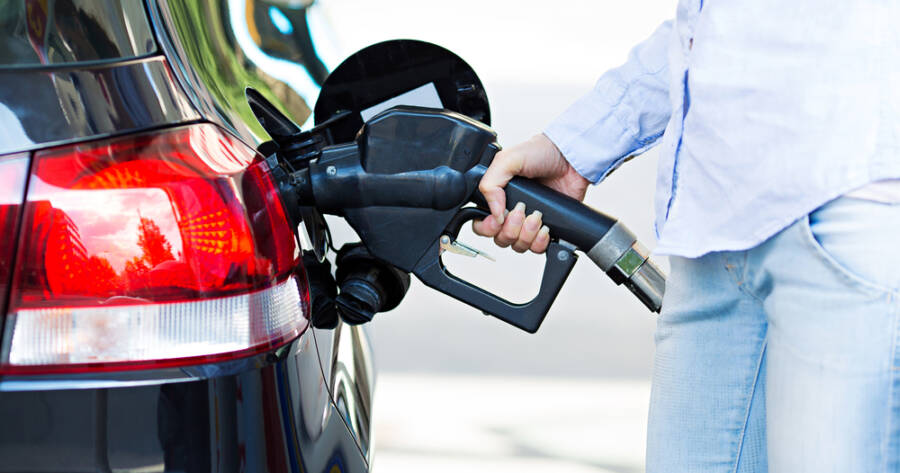With fuel prices fluctuating and environmental concerns on the rise, improving your vehicle’s gas mileage is a smart move for both your wallet and the planet. Whether you drive a compact car, an SUV, or a pickup truck, simple changes in your driving habits and vehicle maintenance can significantly boost fuel efficiency. Explore practical tips to help you get more miles per gallon and save money at the pump.
Drive Smoothly and Avoid Aggressive Habits
One of the easiest ways to improve fuel economy is by adjusting how you drive. Sudden acceleration, hard braking, and speeding can all waste fuel. Try to accelerate gradually and maintain a consistent speed whenever possible. Using cruise control on highways helps prevent unnecessary speed fluctuations and can lead to better mileage.
Additionally, avoid idling for extended periods. If you’re waiting for someone or parked for more than a minute or two, it’s more fuel-efficient to turn the engine off and restart when needed.
Maintain Proper Tire Pressure
Underinflated tires create more rolling resistance, which means your engine has to work harder and burn more fuel. Check your tire pressure at least once a month and before long road trips. Use the manufacturer’s recommended PSI (pounds per square inch), which is usually listed on a sticker inside the driver’s door or in the owner’s manual.
Properly inflated tires also improve handling and extend the lifespan of the tires, offering additional long-term savings.
Keep Up with Routine Maintenance
Regular maintenance is essential for keeping your engine running efficiently. Dirty air filters, old spark plugs, and neglected oil changes can all reduce fuel economy. Follow your vehicle’s maintenance schedule and ensure you’re using the correct type of motor oil, as recommended by the manufacturer.
A clean air filter allows the engine to breathe easier, while properly functioning spark plugs ensure efficient combustion. Together, these small components have a big impact on how efficiently your car uses fuel.
Reduce Excess Weight and Drag
The heavier your vehicle, the more fuel it needs to move. Remove unnecessary items from your trunk or backseat, especially if they’re heavy. Carrying around extra weight consistently can lower your gas mileage.
Similarly, roof racks and cargo carriers can increase aerodynamic drag, particularly at highway speeds. If you’re not using them, take them off. Reducing drag allows your car to move more easily through the air, improving fuel efficiency.
Limit Use of Air Conditioning
Air conditioning puts extra strain on your engine, which can lower your fuel economy, especially during stop-and-go city driving. On mild days, consider using the fan or rolling down the windows when driving at lower speeds. However, at higher speeds, open windows can actually increase drag, so using A/C might be more efficient in that case.
If you do use A/C, try to keep it at a moderate setting rather than full blast to reduce the impact on your fuel consumption.
Plan Efficient Routes
Combine errands into a single trip to avoid multiple cold starts, which use more fuel than driving with a warm engine. Use apps or GPS systems that provide real-time traffic updates to help you avoid congestion and reduce idle time. Fewer stops, shorter distances, and smoother routes can all contribute to better gas mileage.
Use the Right Fuel
Check your owner’s manual to find out the recommended fuel type for your vehicle. Using premium fuel in a car that only requires regular doesn’t improve performance or fuel economy — it just costs more. On the other hand, using lower-octane fuel than recommended for a high-performance engine can decrease efficiency and potentially cause engine knocking.
Drive Smarter, Save More
Improving your vehicle’s gas mileage doesn’t require expensive upgrades or drastic changes. Small, consistent habits like maintaining your tires, reducing idling, and driving more smoothly can make a noticeable difference. Not only will you spend less at the gas station, but you’ll also reduce your carbon footprint and extend the life of your vehicle. With these tips, saving fuel becomes an easy part of your everyday routine.

